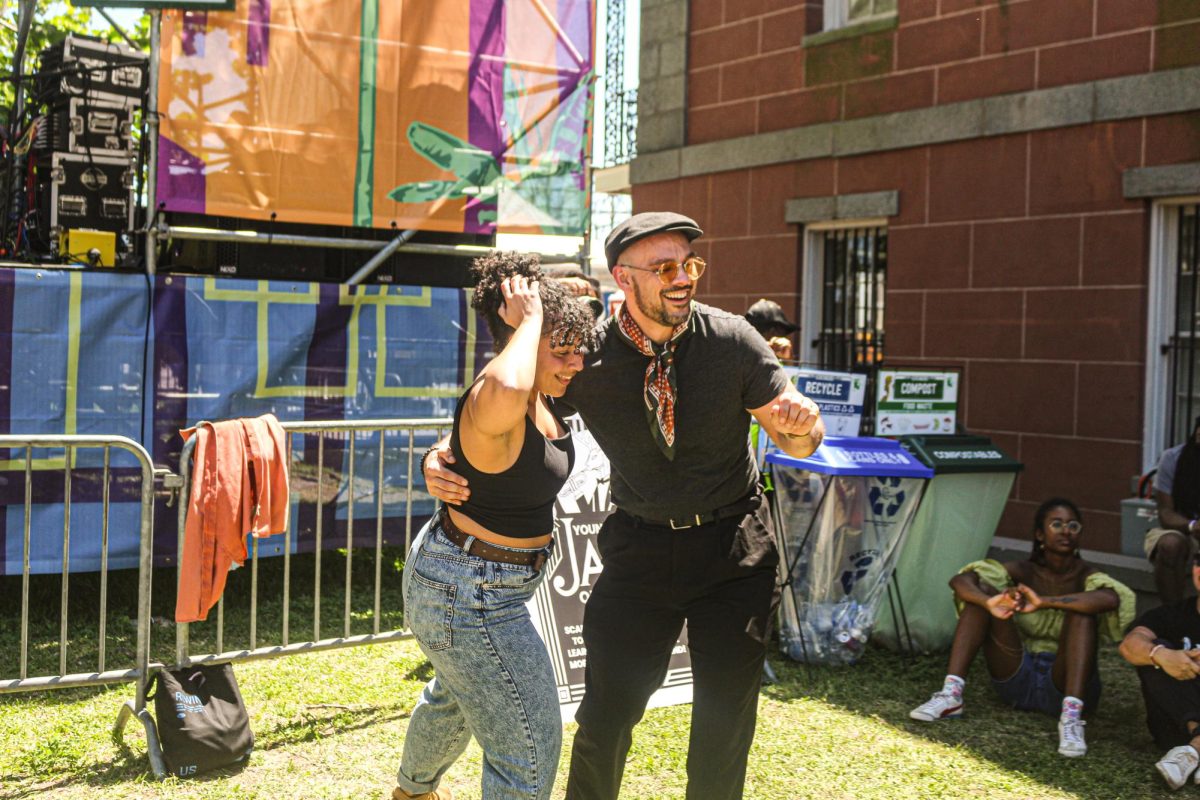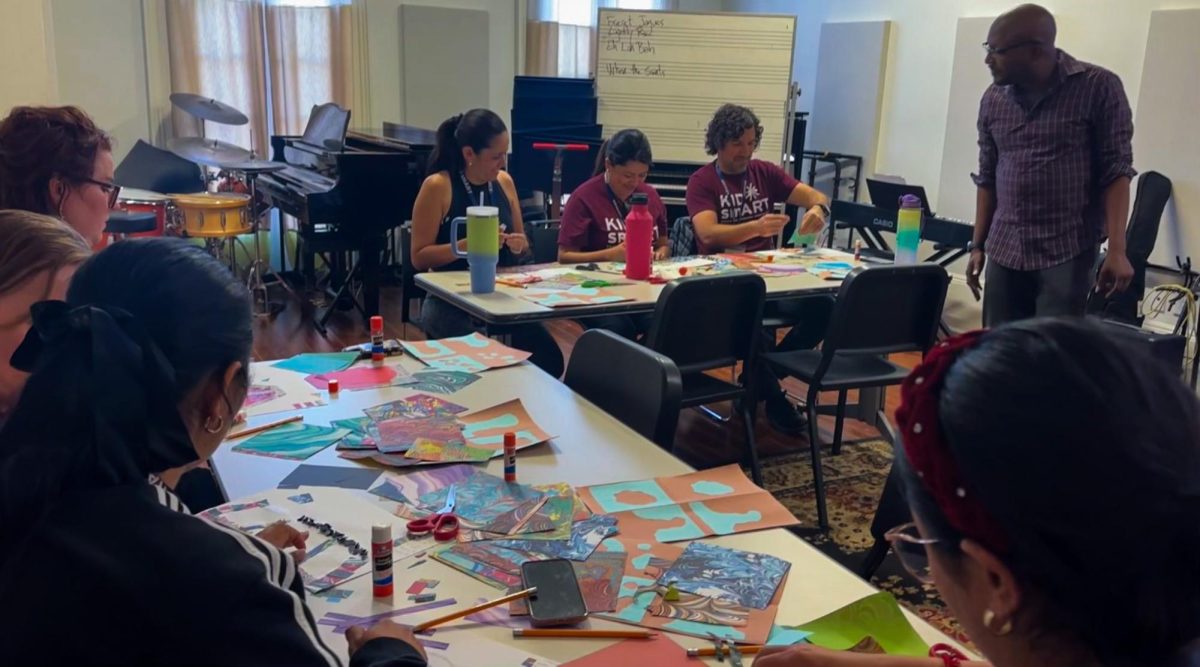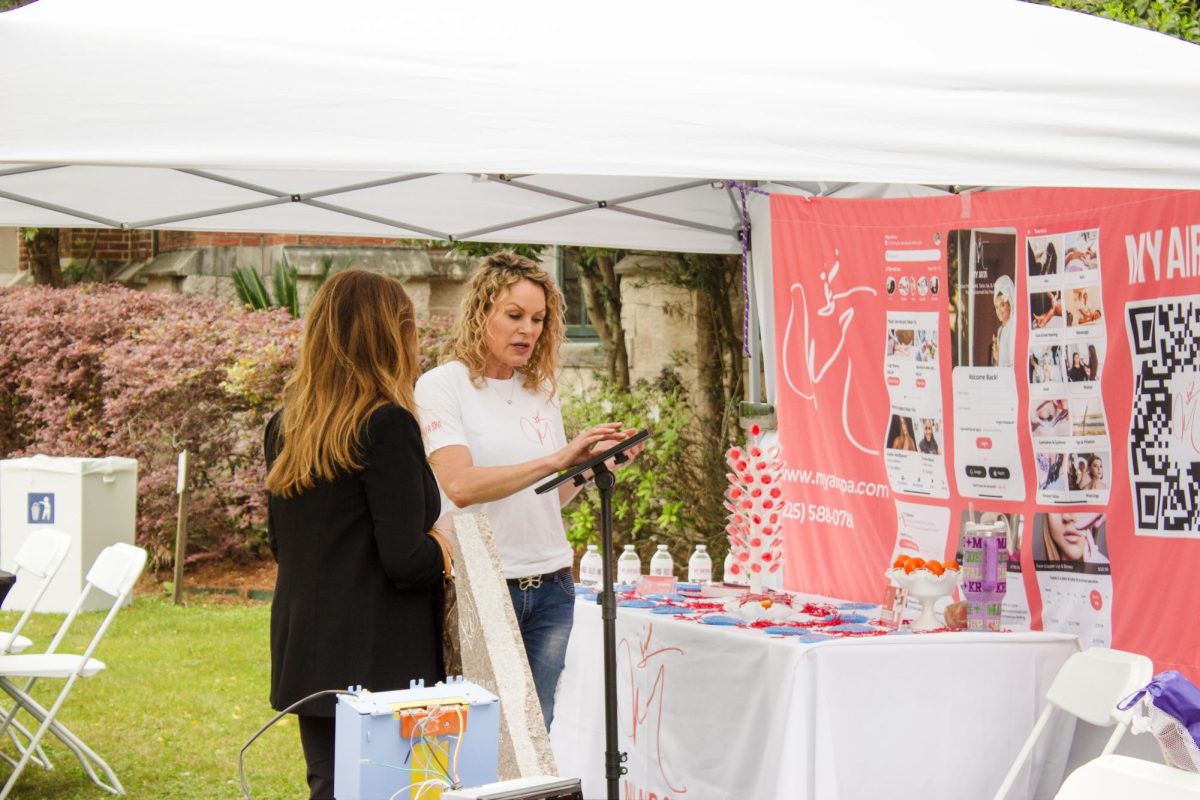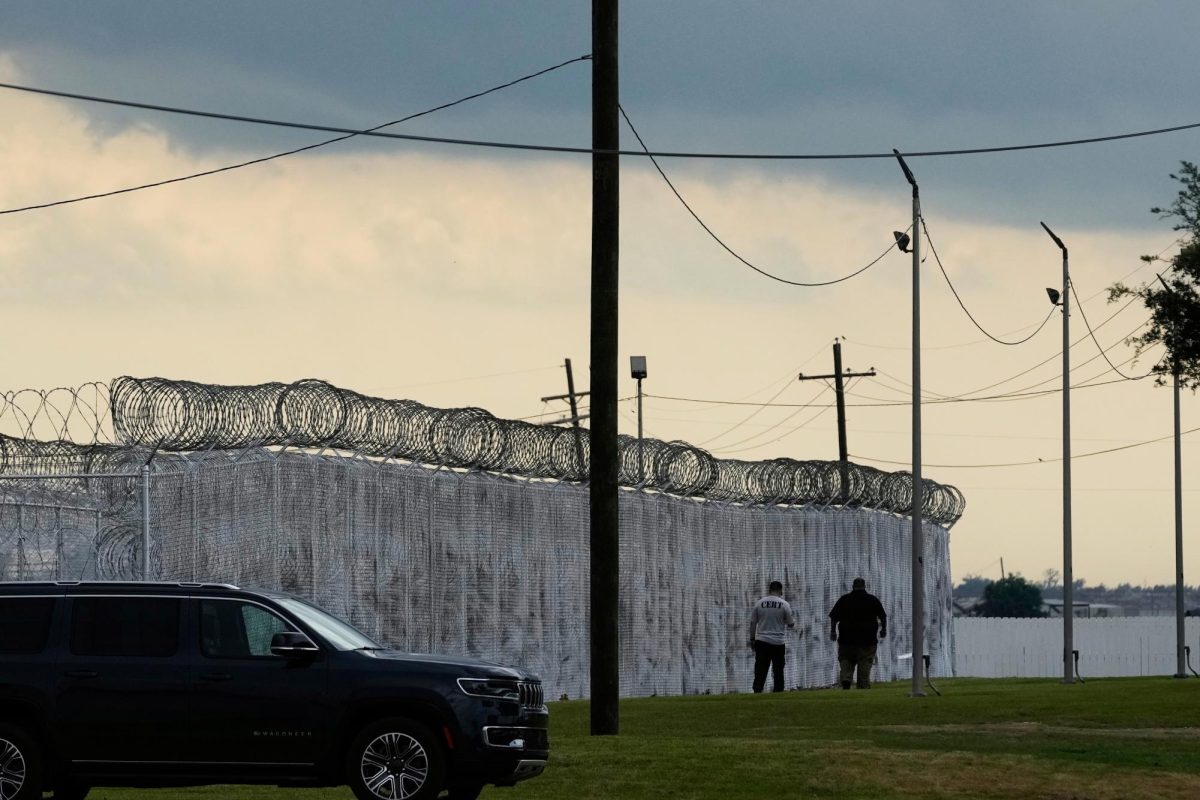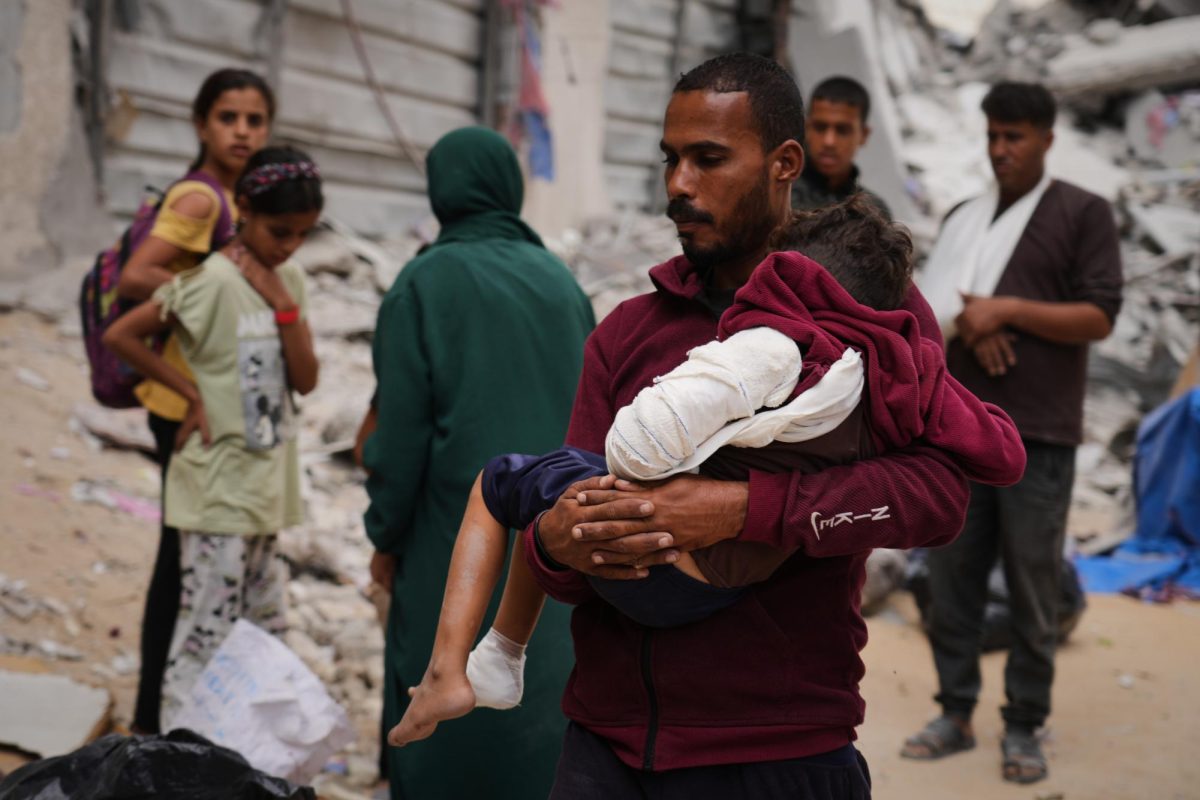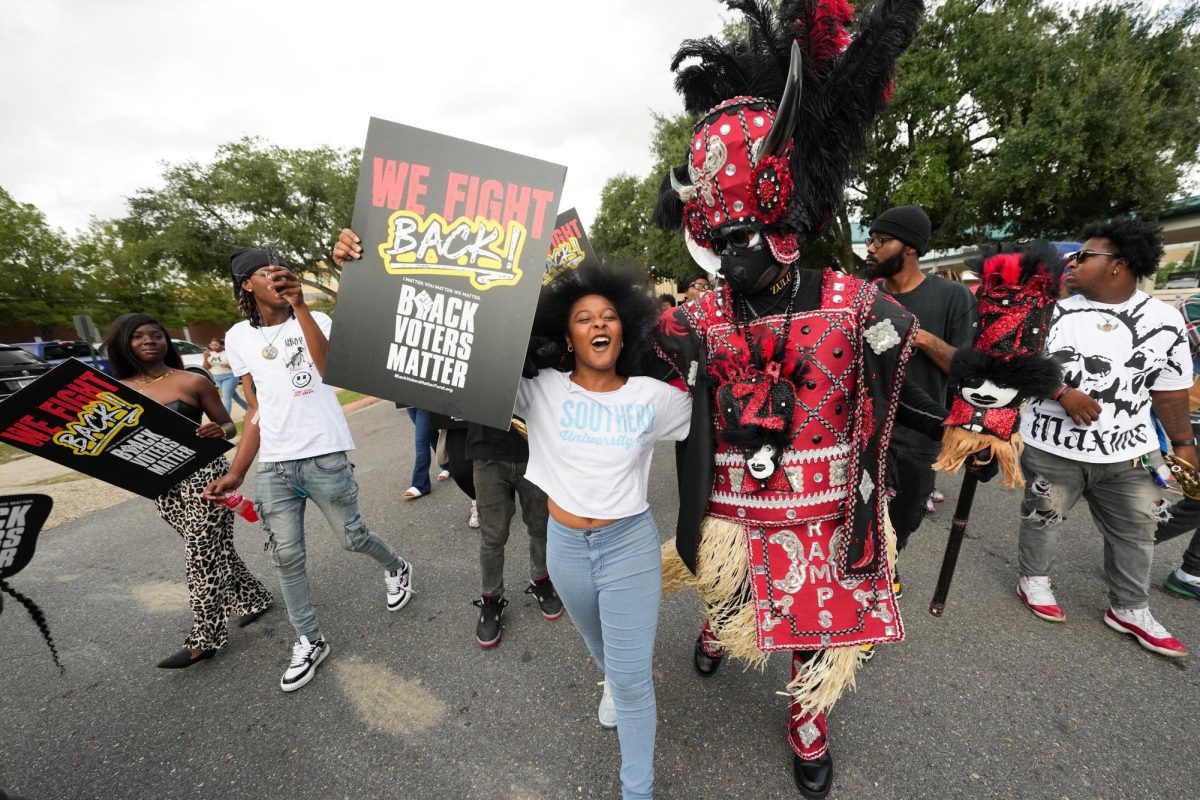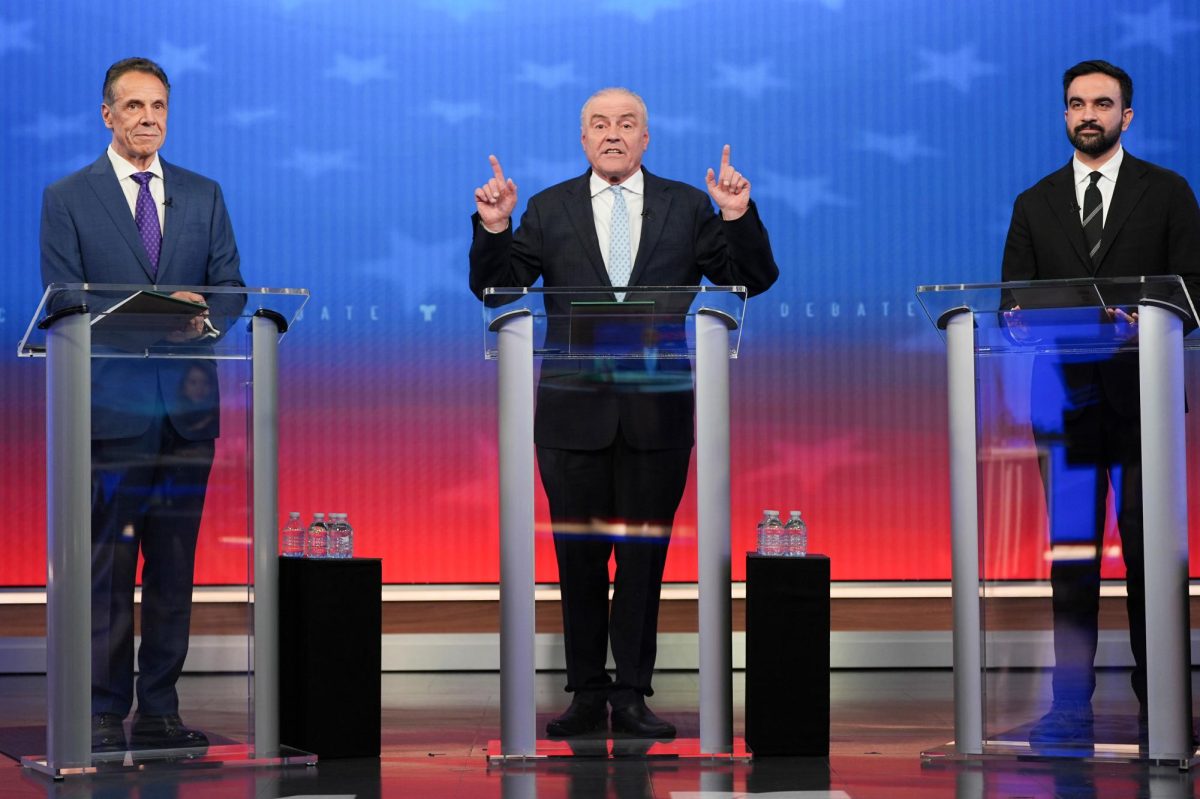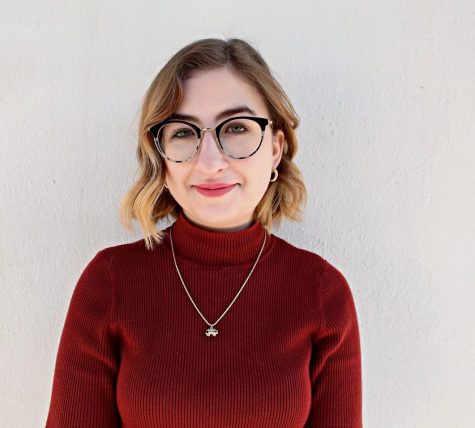Walking into a lecture hall, you expect to see professors leading discussion from the front of the room with students seated in the back, but that’s not always the case in the environmental studies department.
On Nov. 30, the environmental studies department held its final roundtable for the fall semester, a student-driven forum that provided a space for students to ask questions and share their research, academic and internship experiences.
The previous roundtables this semester focused on strengthening the ties between students in the department and environmental organizations.
Hood, professor of biology and director of the program, described the origin of the roundtables.
“We wanted to make this much more focused on outreach and community actions. So that’s why the off-campus people we’ve brought in have been people like the Alliance for Affordable Energy and other local regional environmental organizations,” Hood said.
Hood added, “We also brought in a representative from Entergy a few weeks after. The Alliance for Affordable Energy is an advocacy group doing battle at times with Entergy about policy issues. So to hear two sides to renewable energy was really powerful.”
While the previous roundtables involved guest lecturers and community outreach, last week’s roundtable emphasized community building within the department. To close out the semester, Dr. Hood, along with an array of faculty, decided it was time to “flip the classroom.”
“We want our students to not just passively listen, but to be involved,” Hood said.
During the roundtable, students directed discussion while faculty sat on the periphery of the circle actively participating, but leaving direction in the hands of the students.
Bess Baria, environmental science sophomore, emphasized the importance of the roundtable’s structure.
“It’s important to see what’s already out there, what the professors are doing and things like that, but I think that it’s important for us to hear each other’s ideas and what we’re going into because it might inspire; we might inspire each other,” Baria said.
Baria attended the roundtable to explore opportunities within the department.
“My interests are more community organizing based than laboratory based, so I’m kind of searching,” Baria explained.
Like Baria, many of the students who attended the roundtable were looking for advice from peers and faculty. Some of them were not even members of the department. Freedom Richardson, a political science sophomore, attended in order to gain insight into courses on environmental policy.
“If I do intend to affect public policy in my post-graduate life, learning about the environment here in Louisiana is something that’s crucial to understanding how politics work,” Richardson said.


